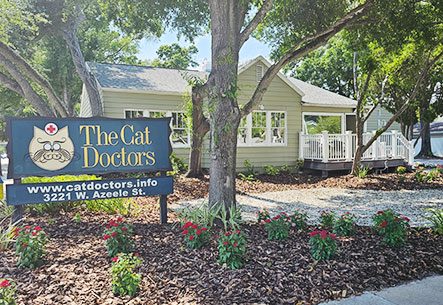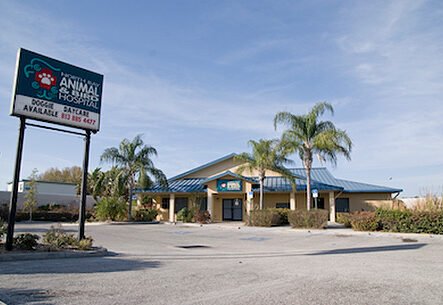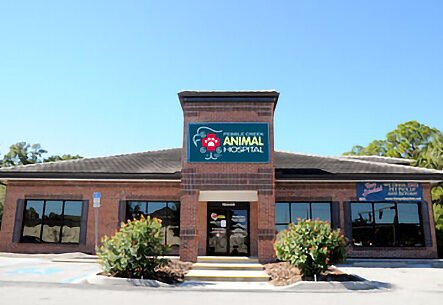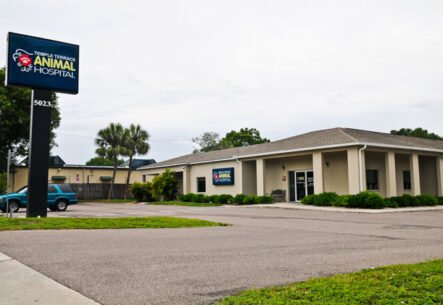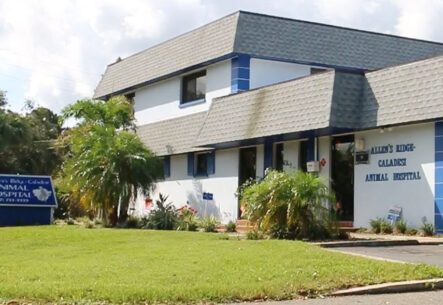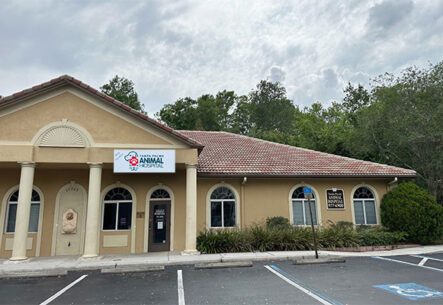Behavioral
Training
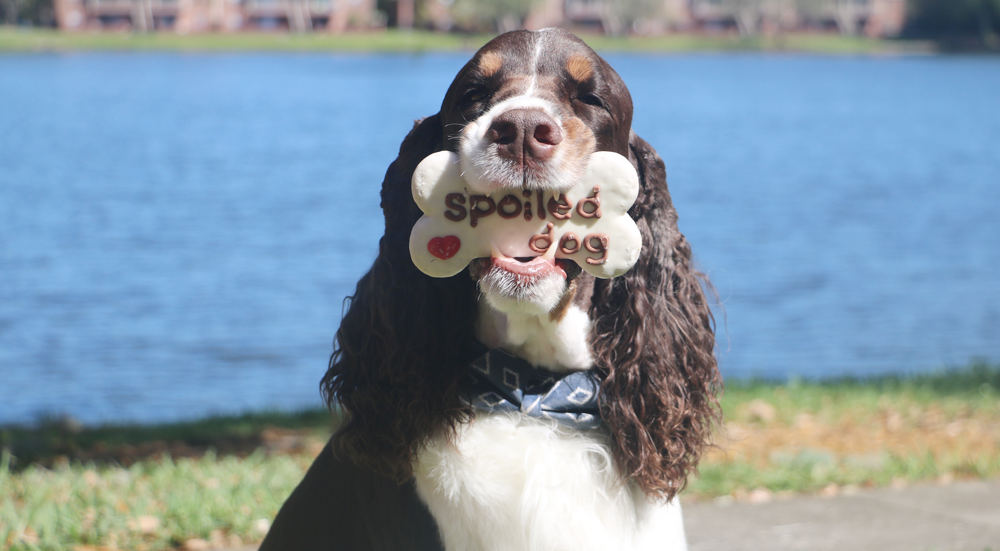
Illness doesn’t always have a physical cause. We can refer you and your pet to a trained animal behaviorist who helps determine the cause of such disorders as separation anxiety and obsessive behavior, and then develop a treatment regimen for the client.
Dog Training and Animal Training in Tampa
Our dog training partners will provide you with the guidance you need for the proper raising and care of your canine companion. We teach both you and your dog. You will learn patience, praise, repetition and communication with your dog. Your dog will learn obedience, right from wrong, and what is expected of him or her through the use of love, praise and positive reinforcement.
The following list of individuals are options for referring clients with pets with behavior
modification and/or training needs:
Soraya V. Juarbe-Diaz, DVM, DACVB
Veterinary Behaviorist in west central Florida
Website: drjddvm.com
Email: drjdwebmaster@hotmail.com
Dr. Juarbe-Diaz has the longest established behavior referral practice in the state of Florida. Known as Dr. JD to owners throughout the state, she received a B.S. in biology in 1983 and her D.V.M. degree in 1987 both from Cornell University. She was in mixed practice for about 1 1/2 years and in small animal practice for 5 1/2 before returning to her alma mater for specialty training in veterinary behavior medicine. She finished her residency in 1996 and received her board certification in 1997. In the fall of that year she relocated to the Sunshine State and established a referral veterinary behavior practice that saw cases throughout Florida (currently serving only one location in the Tampa Bay Area).
Courteous Canine, Inc. / DogSmith of Tampa
3414 Melissa Country Way, Lutz, FL 33559
Phone: (813) 949-1465
Email: info@courteouscanine.com • Website: www.courteouscanine.com
Additional Locations: South Tampa, Seminole Heights
Courteous Canine dog training methods and philosophies are founded in the science of
Applied Behavior Analysis. We work with each client to develop a training plan or behavior change program that meets your needs. The behavior change programs are specific, measurable, attainable, realistic and have set timelines. They offer group classes and private training for a variety of training goals ranging from house training, to aggression, destructive chewing, mouthing and dog sports. They also offer pet therapy preparation group classes.
B.Paws-itive Pet Dog Training
Angela Bubley
17912 Pepper Tree Ln., Lutz, FL 33548
Phone: (813) 963-3776
Email: bpawsitive@gmail.com • Website: www.bpawsitive.com
B. Paws-itive Pet Dog Training, offers private dog training instruction, at an affordable price, and is geared towards individuals who wish to have a dog as an intelligent, well mannered companion in their home. We train you to train your dog, and use real life situations, Angela Bubley is a AKC Approved CGC Evaluator, and will test your dog(s) for the AKC Star Puppy Test and Canine Good Citizen Test. Providing hospital visits, house calls, and training facility.
Tampa, FL 33615 (View map)
Tampa, FL 33647 (View map)
Tampa, FL 33617 (View map)
Tampa, FL 33647 (View map)

